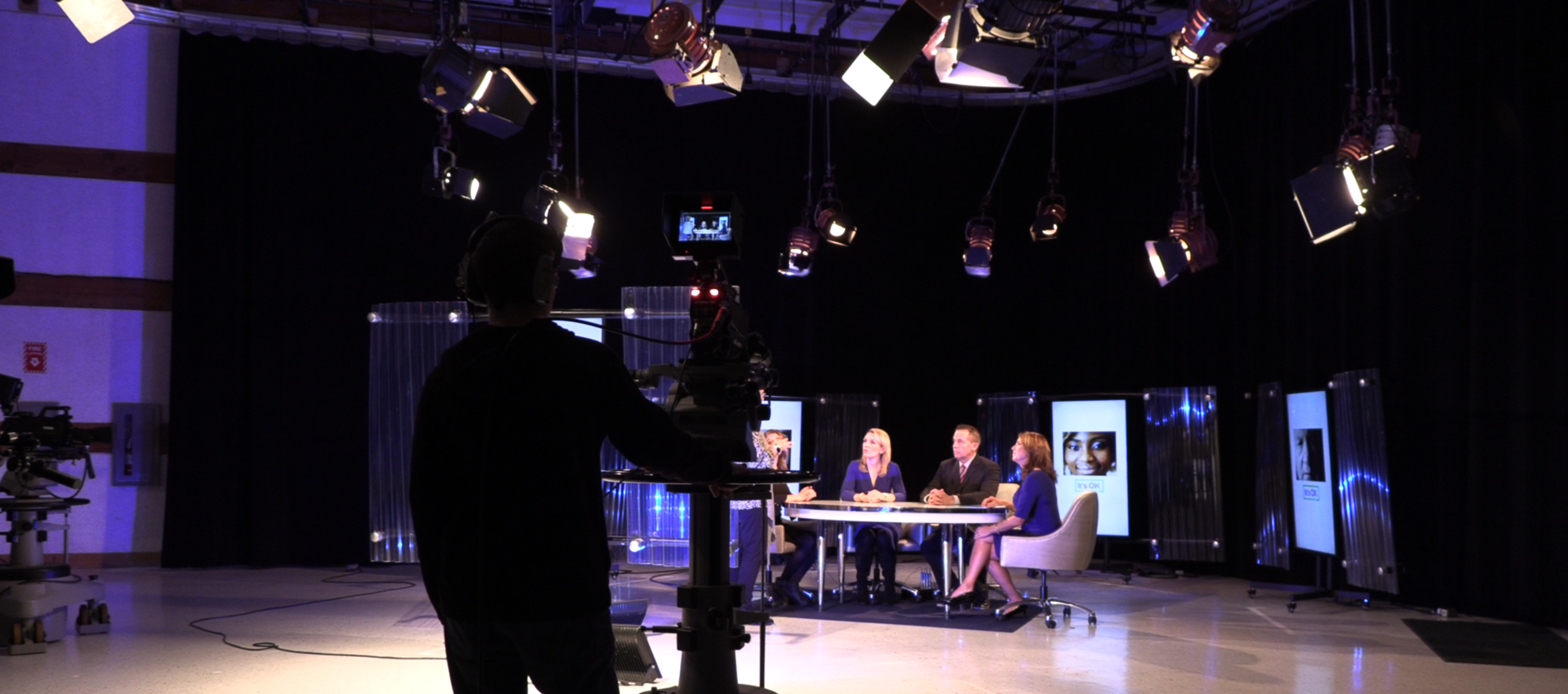
January 9, 2020
Mental health and substance use challenges do not discriminate, affecting Americans of every age, race, socioeconomic status and zip code. To make a difference in their home state, the Rhode Island Broadcasters Association, the Rhode Island governor's office and its agencies and BH-LINK launched an unprecedented mental health awareness campaign and broadcast special, “It’s OK Not To Be OK.”
“Broadcasters in Rhode Island are proud to present this joint effort. We need to spotlight the seriousness of a problem that’s giving pain to so many people and their families. We hope by using our reach we will raise awareness about mental illness and substance use and help change things for the better,” said Rhode Island Broadcasters Association Chairman Vic Vetters, vice president and general manager of NBC10.
In December, reporters from ABC6/WLNE-TV, WJAR-NBC10, WPRI-CBS12, FOX PROVIDENCE and RI PBS came together in studio to share stories of everyday Rhode Islanders who are dealing with mental health or substance use issues and have found help and hope through statewide initiatives. The broadcast was also heard on iHeart's WHJJ and WOON, among other stations streaming it on their social media platforms
The locally produced, commercial-free half-hour special aired simultaneously on Saturday, December 14, and the conversation, led by Capitol TV’s Margie O’Brien, will continue on Rhode Island PBS. The two specials and social media content produced by a local social media and content production company, Sociable!, provided resources for viewers and listeners, their loved ones and those caring for people with mental health and substance use issues. Following the broadcast special, the state will continue the dialogue with a long-term public awareness campaign through a Rhode Island Broadcasters Association Non-commercial Sustaining Announcement/Public Education Program (NCSA/PEP), along with social media and video content.
“Using the power of broadcast and stations’ social media platforms, broadcasters are able to educate and offer resource to those who may be in need,” said Lori Needham, president, Rhode Island Broadcasters Association. “As broadcasters, we are able to provide resource education and help make a significant impact to their lives, the lives of someone we each may know. It brings comfort to know that my fellow broadcasters across the country are working on the same initiatives to be a resource to those who are in need.”
More than 2.46 million American jobs depend on broadcasting. The local broadcast television and radio industry and the businesses that depend on it generate $1.19 trillion annually for the nation's economy.